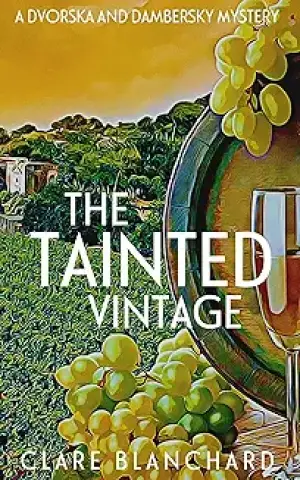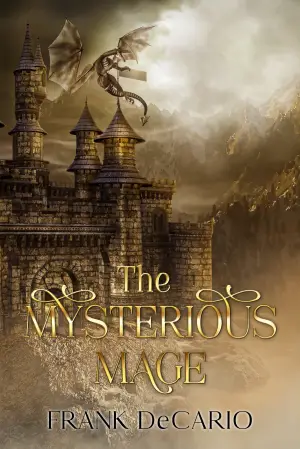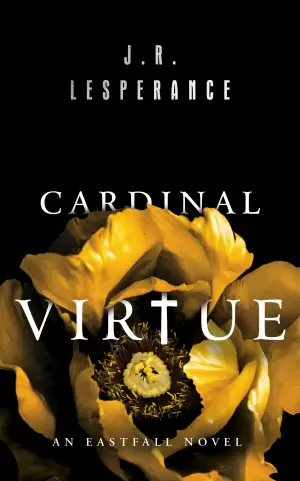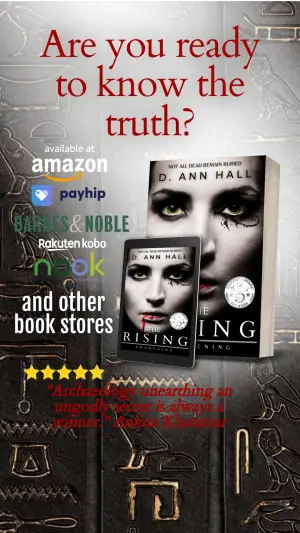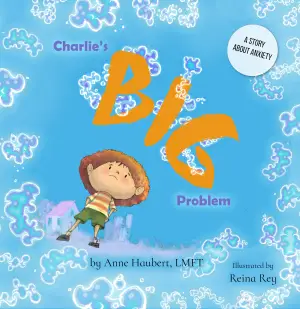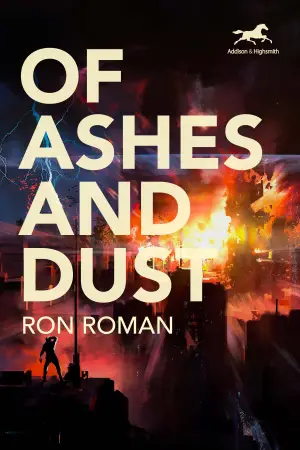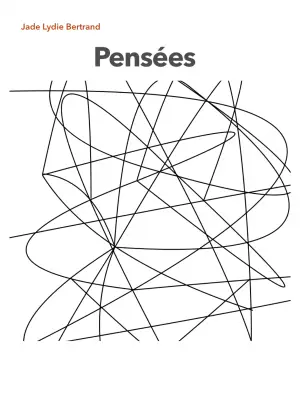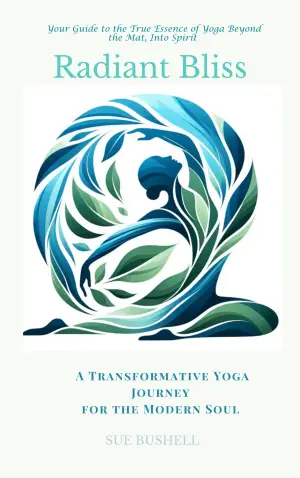Among Friends: A Tangled Web of Affection and Authenticity
I encountered Among Friends by Hal Ebbott much like discovering a rare gem hidden within a pile of ordinary stones, and I haven’t been able to put it down since. This exquisite novel is not scheduled for release until June, yet it has already staked its claim as a top contender for my book of the year! From the very first page, I was enchanted by Ebbott’s evocative prose, and I’ve been eagerly sharing my enthusiasm with anyone who will listen.
At its heart, Among Friends explores the intricate web of relationships between two families, epitomized by Emerson and Amos, whose thirty-year friendship weaves through the tapestry of their lives in affluent New York City. With their wives and daughters intertwined in this social fabric, the story begins with a seemingly idyllic birthday weekend for Emerson. However, a shocking revelation disrupts their facade of happiness, compelling each character to confront uncomfortable truths about their relationships.
Ebbott’s writing is nothing short of sublime. It’s characterized by an unsettling honesty that echoes the works of Elizabeth Strout, plunging into the complexities of human emotion and the sometimes murky waters of love and loyalty. He captivates with short, concise sentences that pack a punch, resonating deeply on an emotional level. I found myself highlighting passages or taking photos of particularly striking lines, like, “For a mind given to buzzing, anxious distraction, a clear sense of desire was like the edge of a pool, a thing off which she could push.” Each word reveals layers of meaning, making Ebbott’s exploration of desire, identity, and human fallibility feel painfully relatable.
The novel isn’t just a domestic drama; it’s a profound inquiry into the very nature of friendship and family. The characters are beautifully flawed, and even when I found them difficult to like, I couldn’t help but feel compassion for their struggles. Ebbott adds a layer of complexity by posing moral questions that linger long after the final page. One striking quote that encapsulates this theme is: “You could love your children; you did love your children… but that didn’t mean you loved them more than your own life.” This line, steeped in truth, offers a poignant reflection on self-identity and the sacrifices tied to parenthood.
What captured me most is how Ebbott invites readers to navigate these treacherous waters along with the characters, leaving me desperate for someone to discuss its themes with—just as you might with a close friend after an emotionally charged movie. It’s the kind of book that ignites conversation and retrospection, tackling darker elements that make it complex and rich.
If you’ve enjoyed the works of Hanya Yanagihara, Donna Tartt, or Lionel Shriver, Among Friends deserves a cherished spot on your reading list. With endorsements from literary heavyweights like Richard Ford and John Irving, it’s clear that Hal Ebbott has a bright future ahead. Personally, this novel has instilled in me a deeper questioning of the bonds we form and how well we truly know those closest to us. It’s a reading experience that leaves you both invigorated and contemplative—a true testament to the power of literature. I can’t wait to see what Hal Ebbott conjures up next!


